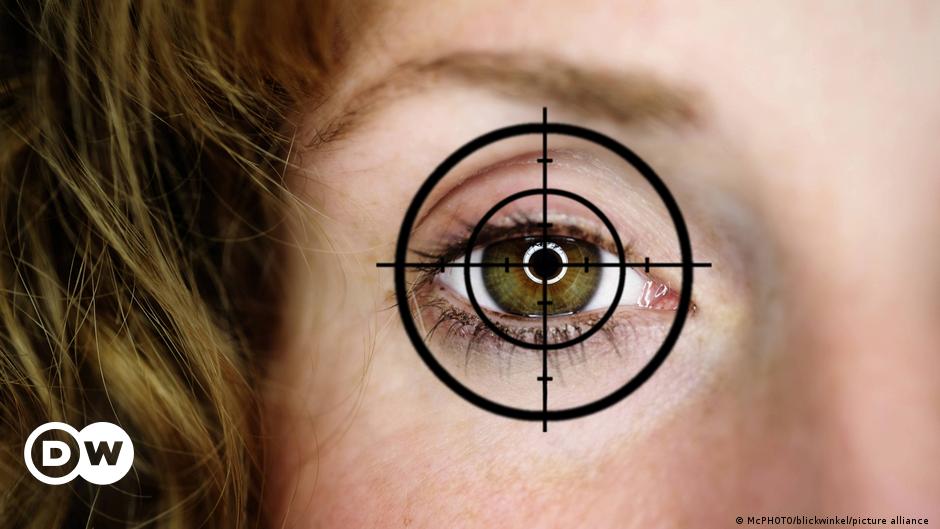- cross-posted to:
- europe@feddit.de
- cross-posted to:
- europe@feddit.de
After a spate of foreign influence scandals at the European Parliament and in national capitals, EU officials are scrambling to get a handle on suspected Russian and Chinese espionage ahead of the June elections.
With just six weeks to go until European Parliament elections, fresh revelations of suspected espionage at the legislature will do little to instill public confidence. The last 18 months have seen a string of malign foreign influence scandals involving EU parliamentarians.
First, starting from December 2022, came bombshell accusations that MEPs and their staff accepted cash for influence from Qatar, Morocco and Mauritania. Then, at the start of this year, investigative outlet The Insider alleged that Latvian MEP Tatjana Zdanoka had worked with Russian intelligence officials for years.
Only last month, Czech authorities sanctioned news outlet Voice of Europe, alleging that it was a Russian influence operation. Days later and in connection with the same revelations, Belgian Prime Minister Alexander De Croo said Russia had approached and paid MEPs “to promote Russian propaganda.”
Finally, this week, German public prosecutors ordered the arrest of a German national identified as Jian G., working as an assistant to the far-right MEP Maximilian Krah of the Alternative for Germany (AfD) party — but according to investigators also for Chinese intelligence services.
outlook not so good
Really seems like Europe has been asleep at the switch (with the notable exception of the Baltic states) with regard to Russia and China for years now, in more areas than just espionage.
This is the best summary I could come up with:
On Wednesday, Krah — a frequent advocate for better relations with both Russia and China — said he would stay on as lead candidate for the AfD in the June 6-9 EU elections but that he would sack his assistant Jian G immediately.
“Russia has systematically maintained contacts with far-right and far-left parties, and other personalities and movements to gain support from institutional actors within the Union in order to legitimize its illegal and criminal actions,” the draft statement, set to go to the vote on Thursday and subject to change or rejection, reads.
In the wake of Moscow’s full-scale invasion of Ukraine in February 2022, EU capitals booted out hundreds of Russian diplomats — 490 in the first 11 months of the conflict according to an analysis from Elzbieta Kaca of the Polish Institute for International Affairs (PISM) in January 2023.
In the wake of the latest revelations involving the European Parliament, Prime Minister Alexander De Croo has repeatedly underlined his country’s special responsibilities.
In a joint letter signed by De Croo and his Czech counterpart Peter Fiala, Belgium and Czechia called, among other things, for the EU to consider closer coordination and new sanctions tools.
“Parliament takes seriously allegations that politicians in Europe are acting as amplifiers of the Kremlin’s propaganda and serve its interest or that China would resort to interference,” the spokesperson wrote, also pointing to a string of resolutions and a set of transparency reforms made in the wake of the Qatargate scandal.
The original article contains 1,076 words, the summary contains 246 words. Saved 77%. I’m a bot and I’m open source!
Russia had approached and paid MEPs “to promote Russian propaganda”
I’m kind of surprised that someone would pay politicians to promote ideas to the public rather than, say, figures in the news media. Or “influencers” on social media, as that’s their job. I don’t normally think of politicians as doing that. I’d have thought that politicians, especially legislators holding seats, would be more-interesting for their actual direct political power.
But, okay. If you have Russian intelligence paying legislators to promote messages, that might be detectable externally.
Like, unless they’ve got some careful practices of sanitizing information, splitting up material among different people, then you’re gonna have paid people promoting the same points if they want a particular story promoted.
So look for multiple people who are consistently promoting the same ideas, especially early in such a wave. Like, sure, someone might push an idea that Russia is aiming to promote once by chance, but it’s probably statistically unlikely that they do so multiple times early in such a wave.
Say you have a politician promoting, oh, the idea that, oh, Ukraine was developing biowarfare weapons in labs with the help of the US. That was a story that Russia wanted promoted, and it was pretty implausible – I don’t think that it’s highly likely something that someone would come up with that by chance. Okay, so then you look for correlation with people who also promoted other similar ideas early in a wave.
If you figure that it’s hard to pay off politicians to promote ideas, probably risky too, since some might report it to their country’s counterintelligence agencies, there probably aren’t very many politicians being paid to do that.
So if that happens three or four times on different stories with a small handful of people and the same figures are doing something like that, that’s maybe a pretty good red flag that they’re being paid to promote something.
If they’re doing it on social media, then there’s also a pretty good record of what they said and when. I don’t know if there are transcripts of, say, interviews on the radio or whatever hosted anywhere, what channels would be involved.
considers
I wonder if it’s possible that Marjorie Taylor Greene here in the US could have done something similar? She’s certainly been criticized for repeatedly amplifying propaganda out of Russia. She’s been criticized as being a “useful idiot”, but if paying politicians to promote propaganda is a thing, maybe that’s not what’s going on.




